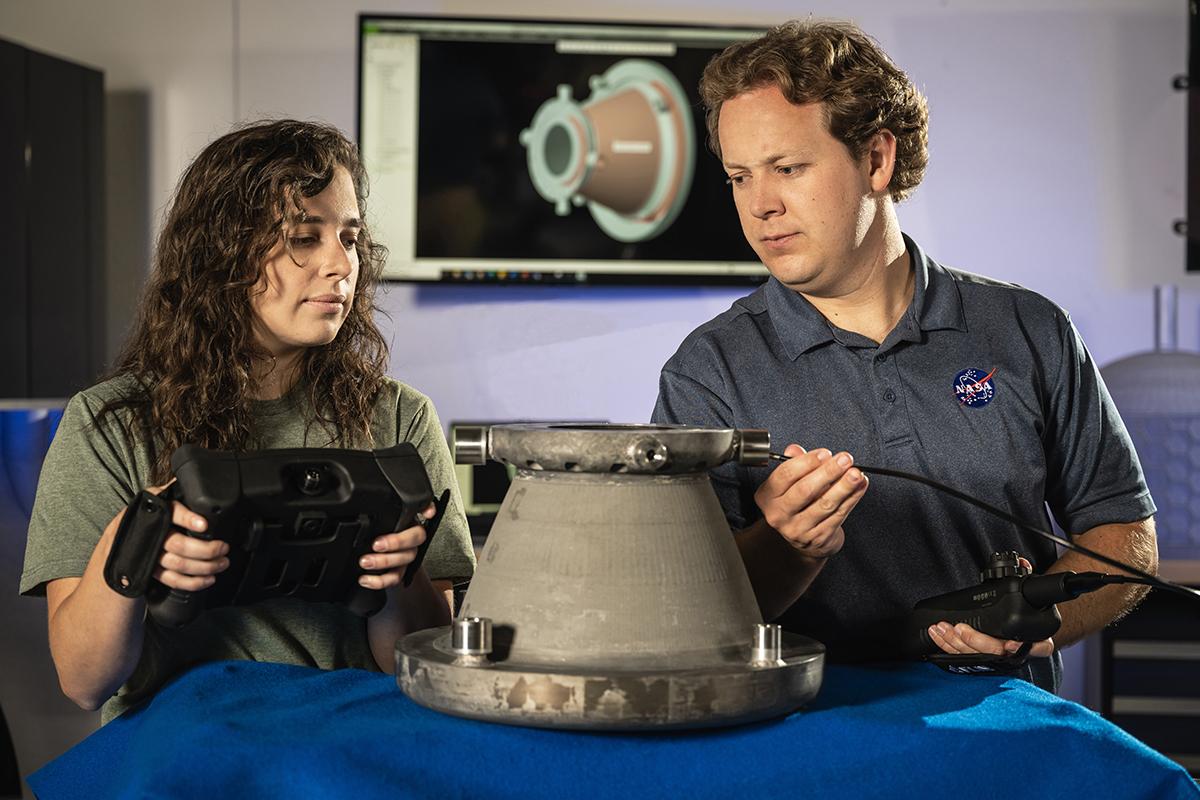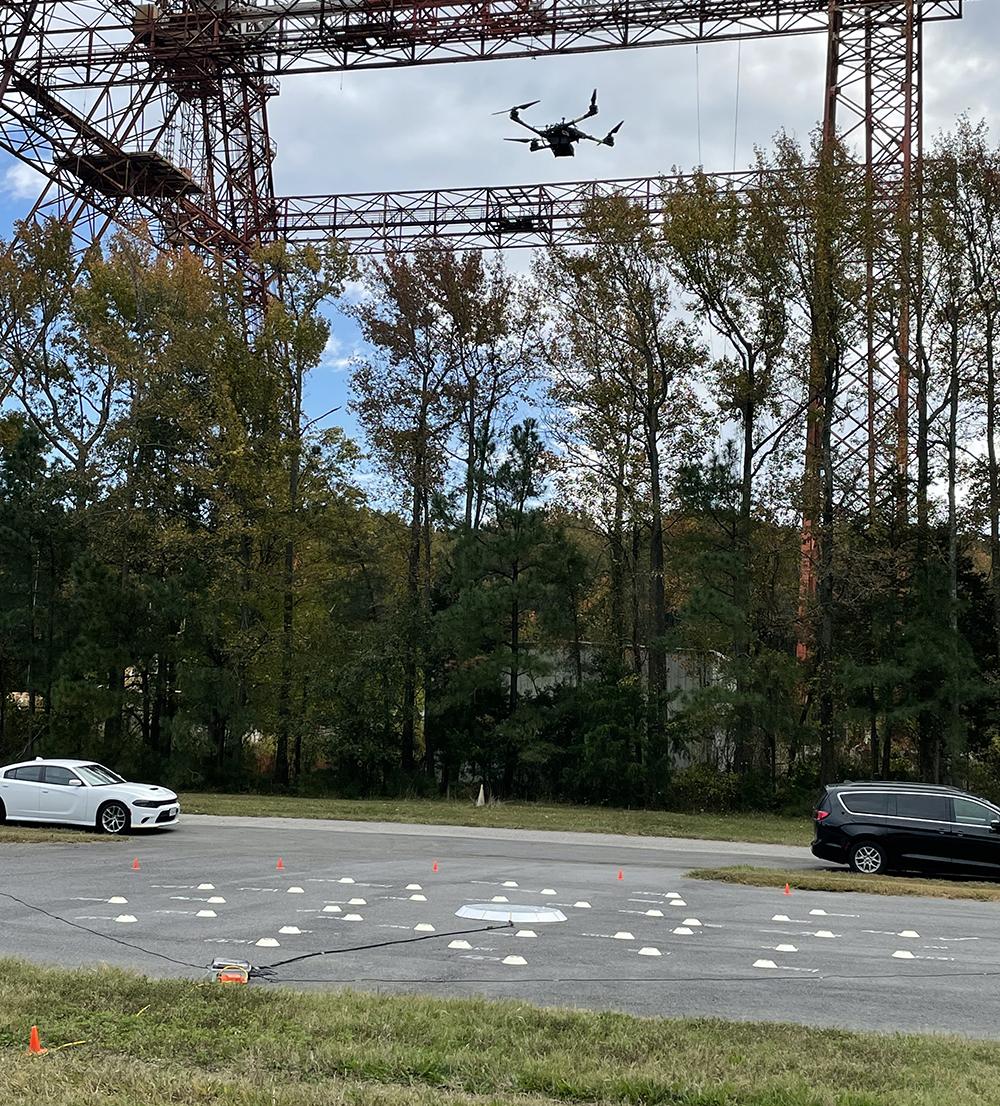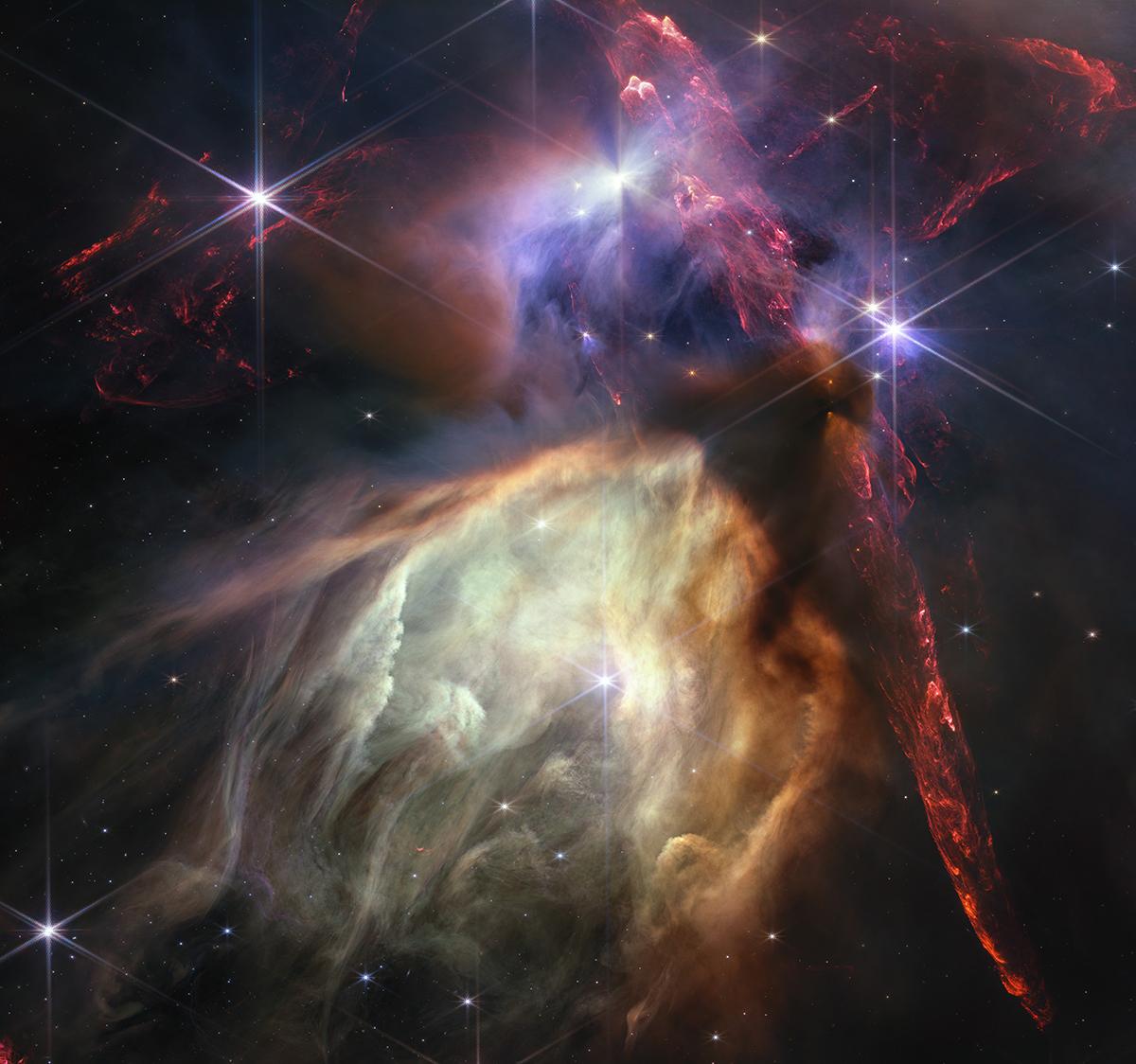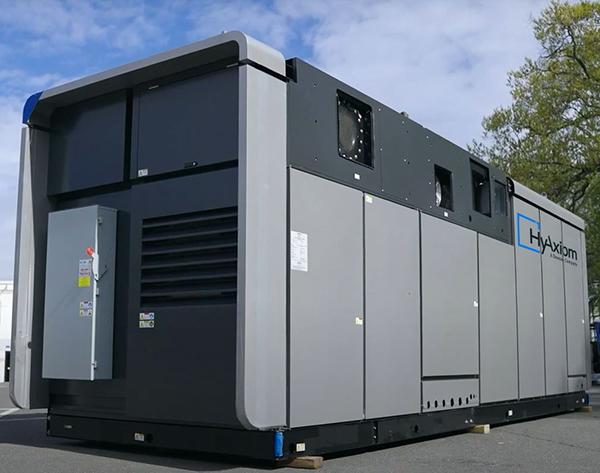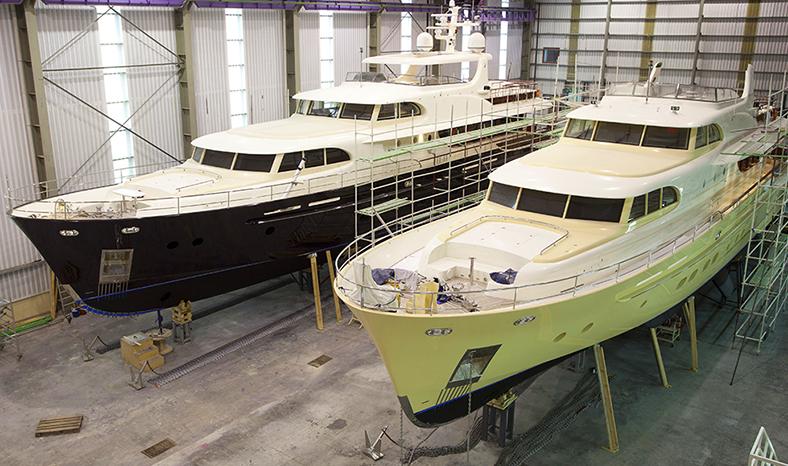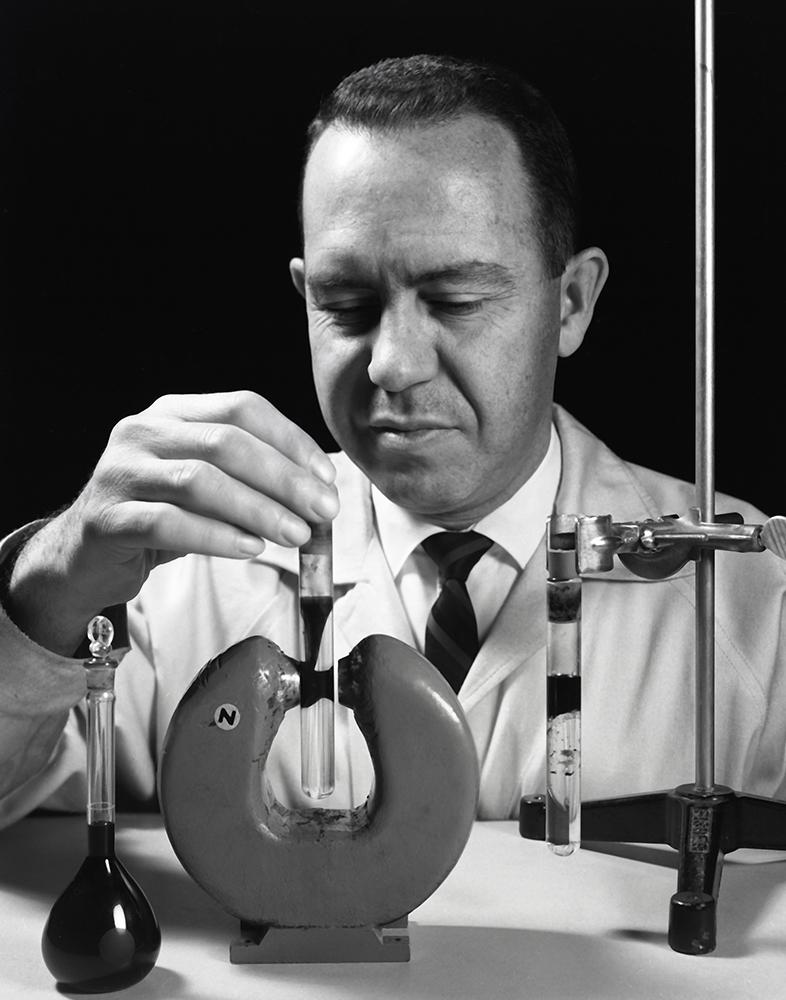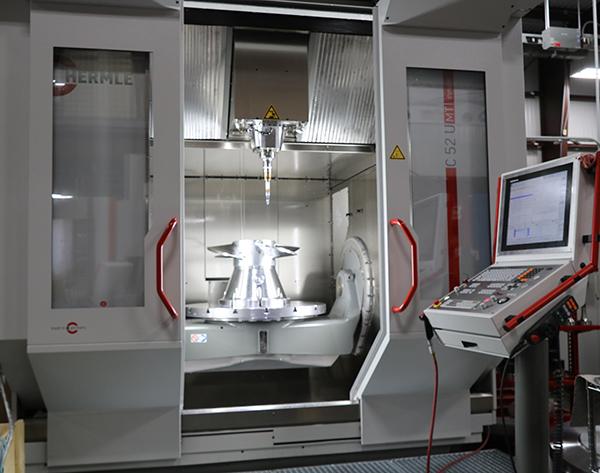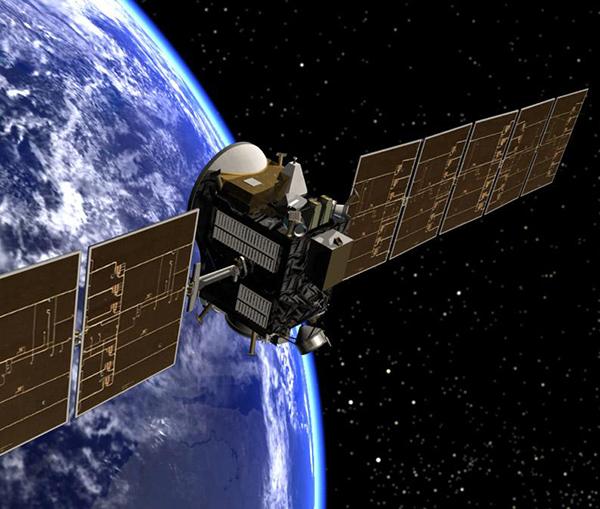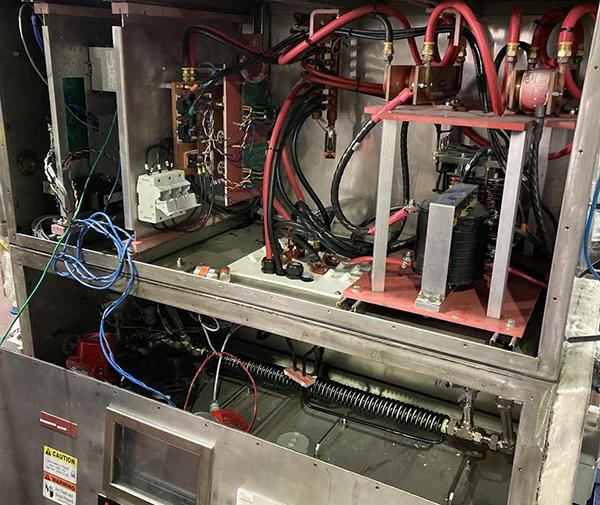Hollow Retroreflectors Offer Solid Benefits
A technician who lead a successful team of scientists, engineers, and other technicians in the design, fabrication, and characterization of cryogenic retroreflectors for the NASA Cassini/Composite Infrared Spectrometer (CIRS) mission to Saturn, developed a hollow retroreflector technology while working at NASA Goddard Space Flight Center. With 16 years of NASA experience, James Lyons teamed up with Patricia Losch, also from NASA, and started a company, PROSystems, Inc., of Sharpsburg, Maryland, to provide the optics community with an alternative source for precision hollow retroreflectors.
Retroreflectors are comprised of three flat mirrors bonded together at right angles to form a corner of a cube. These assemblies are used as tilt-insensitive mirrors in situations where it becomes necessary to maintain tilt down to the arc second level, a very difficult task in an unstable environment. Until the Cassini mission, there was no industry standard for maintaining alignment in a thermally unstable environment. Although hollow retroreflectors are much more difficult to manufacture than the predecessor solid retroreflectors, advantages gained make up for the extra effort. Solid retroreflectors are much heavier and cause dispersion. Hollow retroreflectors are much lighter and eliminate dispersion.
The hollow retroreflectors from PROSystems are front surface glass substrates assembled to provide many advantages over existing hollow retroreflectors and solid glass retroreflectors. PROSystems offers hollow retroreflectors in sizes ranging from .3 to 4 inches in diameter. Previous to this new technology, some companies chose not to use hollow retroreflectors due to large seam widths and loss of signal. The tongue and groove facet design of PROSystems's retroreflector allows for an extremely small seam width of .001 inches. Feedback from users is very positive regarding this characteristic.
The manufacturing methods of PROSystems generate small-diameter hollow retroreflectors with small beam deviation. Beam deviation is the angle of the incoming beam versus the angle of the outgoing, returned beam. Ideally, the beam deviation is zero. The small beam deviation from PROSystems is notable, because as the aperture diameter shrinks, it is much more difficult to obtain small beam deviations.
The design for joining facets allows a stable bond configuration over broad changes in temperature. This creates a stable alignment within the system where the retroreflector is being used, thus ensuring the successful performance of the instrument in its specified operating environment. Additionally, PROSystems uses the glass mount design to fabricate cryogenic hollow retroreflectors in applications that require a large temperature range. This glass mount design permits the metal-to-glass interface to be remounted from the retroreflectors glass substrates, thereby eliminating distortion caused by the interface of differing materials. The retro-reflectors' used in the Cassini/CIRS instrument remained stable at an operating temperature of 170 degrees Kelvin.
PROSystems offers its hollow retroreflectors with a variety of coatings, including protected gold, bare gold, protected silver, protected aluminum, and bare aluminum to fit customers' needs. Most of PROSystems's primary customers mount the hollow retroreflectors in chrome steel balls for laser tracker targets in applications such as automobile manufacturing and spacecraft assembly. Recently, PROSystems also made sales of this technology to the telecommunications industry for use in fiber optic networks. The company anticipates future applications of the hollow retroreflector technology in the commercial spectrometer market, incorporating them into standard products. PROSystems plans to continue developing its retroreflector technology to provide the optics industry with the highest quality precision product available.
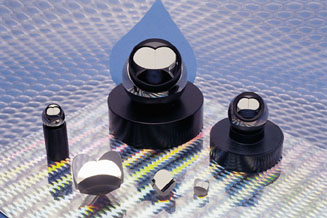
Three different sizes of retroreflectors are shown on stands with three unmounted retroreflectors (assembled mirrors) shown in the foreground.




